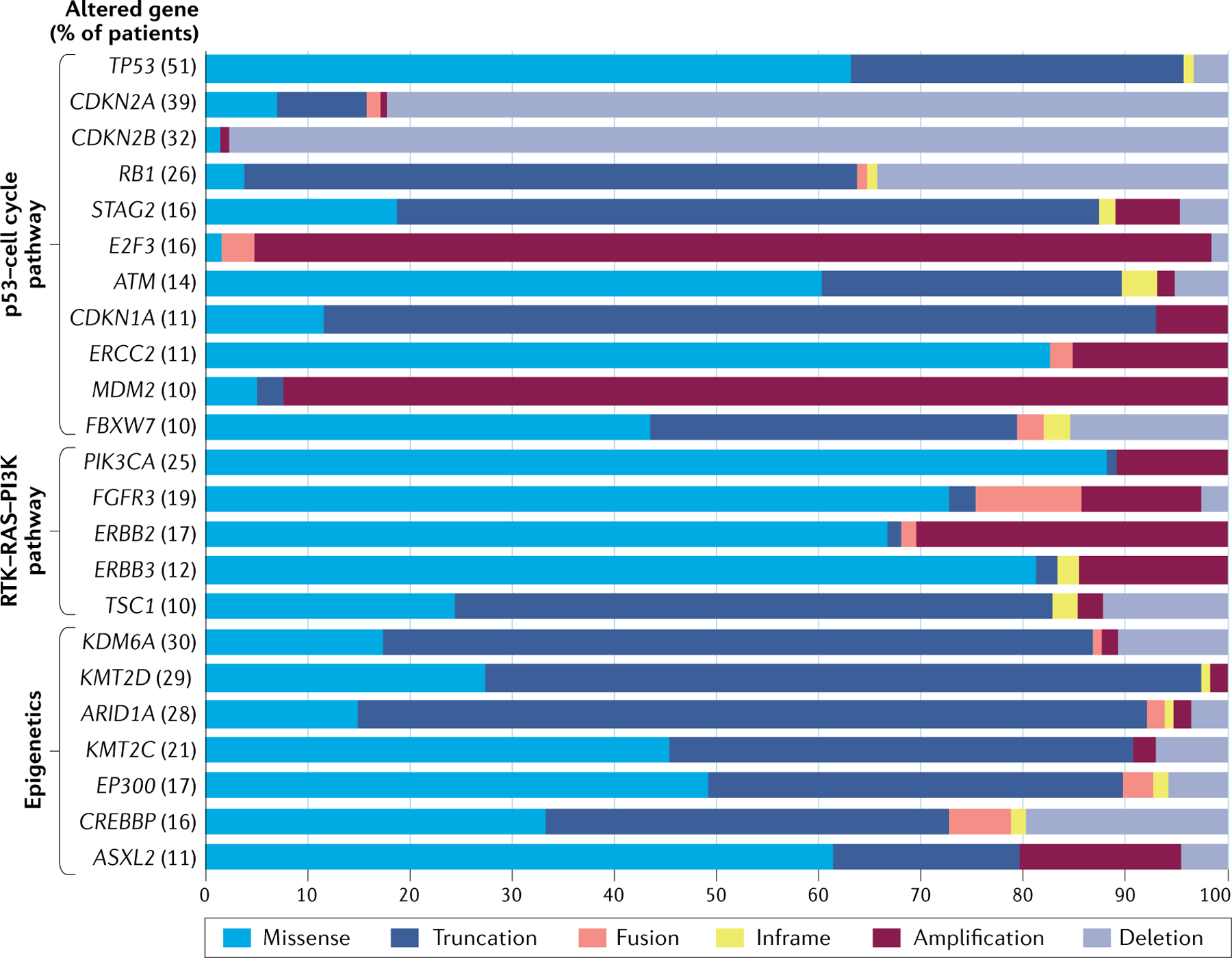Fig. 2 |. Major genomic alterations in human bladder cancer.

Whole-transcriptome mRNA profiling of patient samples identified frequently altered genes and pathways that drive bladder cancer (The Cancer Genome Atlas (TCGA)241). The data shown in this figure were retrieved from TCGA Pan Cancer Atlas in CBioPortal, and represent the frequency of altered genes in patient samples (n = 406) and the proportions of the different types of alterations per gene. Somatic alterations of genes are most common in pathways related to p53, the cell cycle, receptor tyrosine kinase (RTK)–RAS–PI3K and epigenetic modifications. Alterations in TP53 and cell cycle genes are common in muscle-invasive bladder cancer (MIBC), including CDKN2A, CDKN2B, RB1, STAG2, E2F3, ATM, CDKN1A, ERCC2, MDM2 and FBXW7. Common mutations for TP53 are missense and truncating mutations (frameshift, insertion/deletion and splice site mutation), which induce loss of funtion. Genes limiting cell cycle activity such as CDKN2A, CDKN2B, RB1 and CDKN1A are commonly inactivated by homologous deletion and truncating mutations. Progrowth signalling genes E2F3 and MDM2 commonly exhibit amplification. STAG2 encodes a subunit of the cohesin complex, which regulates sister chromatid separation during cell division and is frequently silenced by truncating mutations in MIBC. ATM encodes a DNA damage sensor protein and exhibits loss of function when mutated (mostly missense and truncating mutations) in 14% of patients with MIBC. The protein product of ERCC2 is involved in nucleotide excision repair, ERCC2 is mutated in 11% of patients with MIBC and missense mutations drive MBIC cisplatin sensitivity. FBXW7 encodes a protein that functions in cell cycle exit and stem cell maintenance and is often found mutated in MIBC. Activating mutations in FGFR3, PIK3CA, ERBB2 and ERBB3 enhance tumour growth. TSC1 negatively regulates mechanistic target of rapamycin complex 1 signalling and the gene is frequently inactivated by truncating mutations. Bladder cancer often has truncating and missense mutations in chromatin remodelling genes such as ARID1A, KDM6A, KMT2D, KMT2C, EP300, CREBBP and ASXL2.
